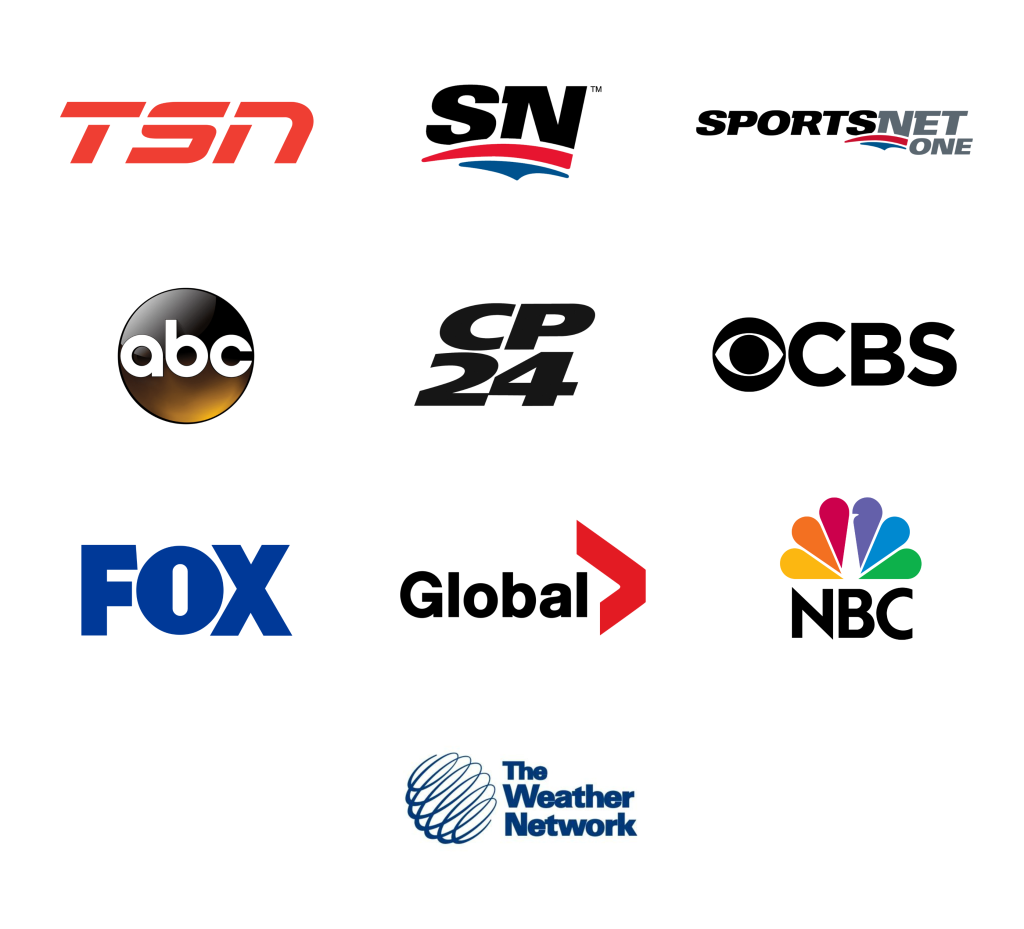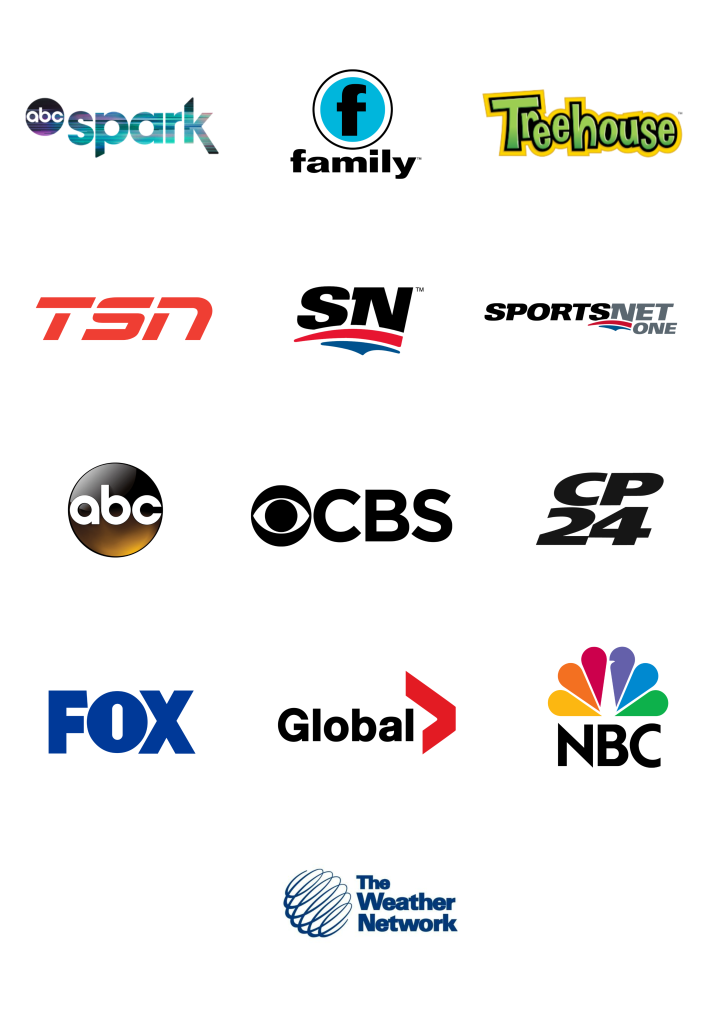
 Jan 7 2022
Jan 7 2022
It’s the age of the internet: lightning-fast social media updates, non-stop notifications, music and video streaming, binge-watching, online gaming, and more recently, working from home. You simply can’t afford to be offline and stay disconnected, whether it’s just for a second or overnight. It takes reliable, high-speed internet to get you connected, so you never miss out on the latest, from work to play.
But not all internet connections are the same, and neither are users. A good internet speed means something different for everyone’s browsing, streaming, and productivity needs. Whether you’re just checking emails and refreshing your feeds, or you’re a power user who needs the highest internet speed for uninterrupted video calls, large file downloads, and online gaming, there’s a perfect internet plan made for you.
So, what’s a good internet connection for you? Discover the best of the highest internet speeds at every budget. Stay connected with reliable, high-speed, and unlimited internet, at the best value for your every dollar.
There’s a right speed for every user—and the highest may not always be the best. The best internet plan comes down to how you use your internet connection. Start by considering your everyday habits:
If you’re using your internet connection for both work and play, streaming your favourite movies and shows, and online gaming, all on top of regular browsing and refreshing your feeds, you need a good internet speed. A reliable, high-speed connection ensures you’ll always be online, so you can stay up-to-date on the latest and never miss anything important, from work emails to game night. See what the highest internet speeds offer 24/7:
The answer is, it depends on your needs. If you’re just lightly browsing and streaming, you can get the best value for your budget from a good internet speed with unlimited data; for power users, getting the highest internet speed is definitely a must-have.
Wondering what’s a good internet speed that takes you seamlessly from work to play, without delays and disruptions? Here’s a quick guide to how much bandwidth you need for your regular internet habits:
When browsing internet plans, you‘ll find two different speeds in every tier: downloads and uploads. These two speeds determine how fast and reliable your connection is for specific activities, whether downloading or uploading.
Simply, download speeds refer to how fast data—files, websites, photos, music, movies, and more—are delivered to you over the internet. In contrast, upload speeds indicate how fast you can send or transfer data, such as posting a photo or sending an email.
Both speeds are important, yet you’ll find most internet plans offer faster download speeds than upload speeds. This is because most people at home tend to be on the receiving end of data, like reading articles, browsing photos, and streaming videos, rather than posting or uploading these online. Check out these examples of downloads and uploads to help find the right speeds for your needs:
The highest internet speed is everyone’s first consideration. After all, it determines how fast you can connect, start streaming, and keep up with messages and notifications. But did you know that speed alone isn’t the only factor in the quality of your internet connection? Here are other factors to consider when choosing a good internet plan:
Looking for the fastest internet speeds? Find out what’s a good internet speed for all of your everyday needs, from all-day work-from-home to browsing and streaming. Discover the best internet speeds and bundles for your budget, only from Comwave.

Comwave offers fast, unlimited internet and special bundle deals at incredible value, giving you the speed you need through a reliable connection that supports all your devices.
1-877-474-6638© 2025 Comwave Networks Inc. All rights reserved.
911 has certain limitations versus traditional E-911. Details at www.comwave.net/legal



First, let us know where you live so we can make sure that we can provide service in your area.